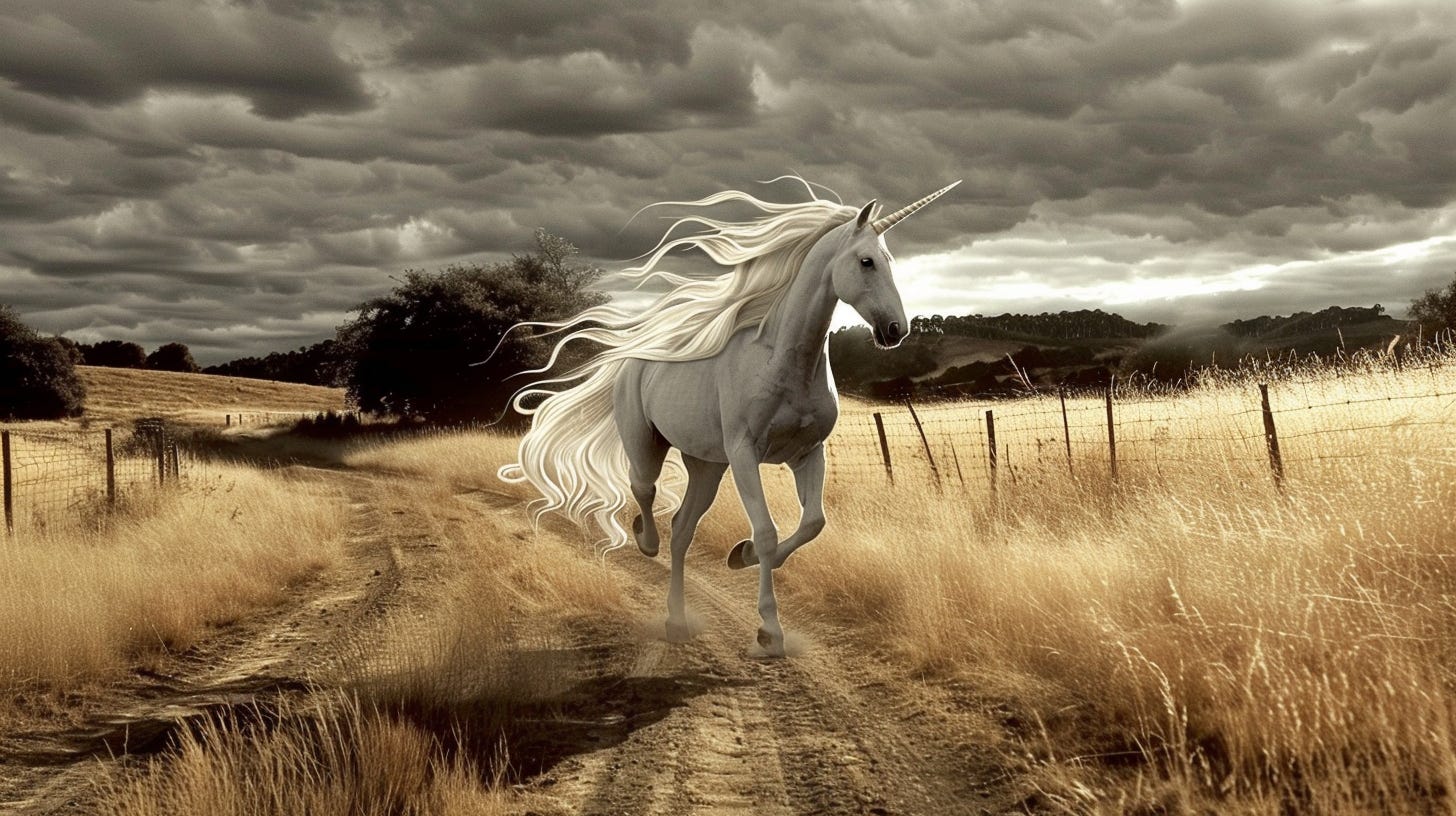Will OpenAI Get Napstered?
Could OpenAI get sued into oblivion, experience an executive team change, or get acquired during a time of weakness?
The growing backlash against OpenAI threatens the company's prosperity and even its existence. The race to be first in AI is starting to weigh heavily on the general public and the businesses that serve them. The evolving situation shows no end, creating the question, “Is OpenAI going to suffer a supernova moment just like streaming giant Napster?”
It’s not hard to see a pivotal event of some variety given OpenAI's ongoing ethics challenges, unfulfilled promises, and a general lack of compassion for humans. The ongoing quagmires keep piling up for OpenAI, creating drag and growing negative sentiment.
Consider the problem created by the company's training ethics. While initial missteps may get brushed under the covers of normal web-crawling, repeated transgressions have demonstrated a continuing intentional abuse of intellectual property.
From lawsuits to payouts, the publishing industry has begun to unify in its legal efforts to reign in OpenAI. And in what seems like an admission of guilt, the company is quietly entering into licensing agreements with publishers. The recent Scarlet Johansen debacle further underlined that OpenAI’s approach toward training data is to use first and then, depending on the fallout, change course.
I am not a lawyer and do not pretend to understand the potential impacts of an industry-wide or industries-wide suit against OpenAI. However, if the past is precedent, a knockout legal win against the company would be damaging, perhaps as fatal as it was against Napster.
The Uber Travis Kalanick Scenario
Another possibility is a change of the guard at OpenAI executed by its investors. While a little farfetched given investors just saved Sam Altman and company last November, there is past precedence with Uber. Founder and CEO Travis Kalanick was ousted after six months of damaging scandals, overly aggressive business tactics, toxic company culture, and a tarnished brand reputation.
Unfortunately for OpenAI investors, the company’s reputation problems extend beyond its legal quagmires. Public tell-all executive departures, questions about the company’s culture, product delays, and additional ethical challenges hamper the company. If these matters continue and escalate, the executive team could be forced to capitulate in some manner.
For example, another major issue facing Open AI is its rather obtuse behavior toward replacing the average worker, and in particular within the creative sector. One could see OpenAI getting blamed for mass layoffs thanks to its rather unfortunate public positions.
Big tech players like Adobe and Microsoft focus on using AI tools to supplement everyday work tasks, encouraging workers to embrace AI and strengthen their productivity. Open AI continues with a more aggressive view that creative jobs will simply be replaced by AI. It’s no coincidence that OpenAI’s text, image, voice, and video generation algorithms augment outputs from creative professions.
In the worst case, CEO Sam Altman said 95% of creative agency work would be replaced by AI. CTO Mira Murati reaffirmed Altman’s position just last week when she said, “Some creative jobs maybe will go away, but maybe they shouldn't have been there in the first place.”
While there may be value in reducing human labor costs and great displacement may occur, the company has two major problems with its PR approach:
OpenAI’s algorithms are often overhyped and under-deliver on results, making replacement seem unlikely.
The inability to replicate original human creative thinking and flawed outputs requires a human(s) to manage the AI and correct its generated content.
Another ankle biter for Open AI is its complete inability or unwillingness to find alternative approaches or to build programs to upskill and retrain impacted workforces. Combined with its calloused view of replacing human jobs, the company certainly seems to be flying in the face of its stated mission, “to ensure that artificial general intelligence benefits all of humanity.”
An Inevitable Bad Ending?
The future is uncertain. Things change, market dynamics shift, and sometimes people surprise you and grow.
By all accounts, Sam Altman seems too self-assured to invoke such a progression. This is particularly true given the company’s ongoing problems that persist in spite of Altman narrowly surviving a termination by his previous board.
Investors – most notably $10 billion+ investor Microsoft -- saved him last time and brought him back. However, they may come to regret that if their investment becomes endangered.
Unlike Napster, OpenAI benefits from a much larger opportunity with the massive AI movement. As the unequivocal leader in the sector, complete failure is unlikely. However, if a self-induced downturn or a black swan moment occurs a change in executive team or a mercy acquisition could happen.
If I was a betting man, the Travis Kalanick scenario seems reasonable. What do you think?
All images created on Midjourney.






I suspected that the wolves would come to blow down Altman's house sooner or later. And it will be interesting to see how this plays out. OpenAI is the undisputed leader, but that doesn't mean it can't succumb to the visicitudes imposed by these huge power players. Thanks for keeping an eye out about this. More to come, for sure.